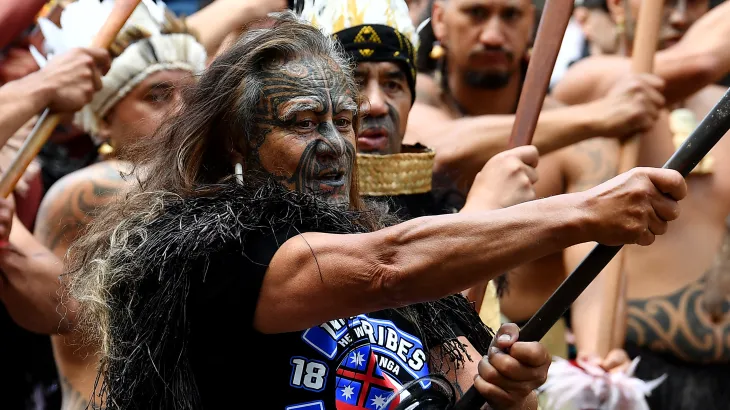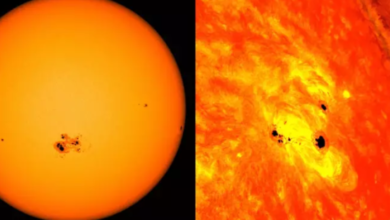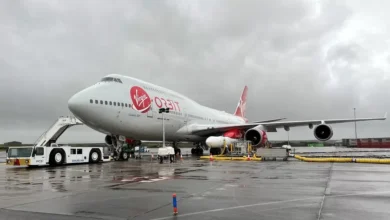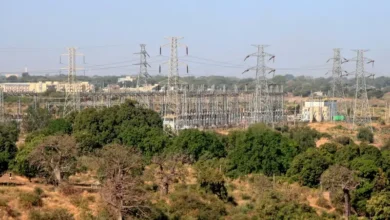Why are New Zealand’s Maori protesting over colonial-era treaty bill?

A fight for Maori rights drew 42,000 protesters to the New Zealand Parliament in the capital Wellington on Tuesday.
A nine-day-long hikoi, or peaceful march – a tradition of the Maori – was undertaken in protest against a bill that seeks to reinterpret the country’s 184-year-old founding Treaty of Waitangi, which was signed between British colonisers and the Indigenous Maori people.
Some had also been peacefully demonstrating outside the Parliament building for nine days before the protest concluded on Tuesday.
On November 14, the controversial Treaty Principles Bill was introduced in Parliament for a preliminary vote. Maori parliamentarians staged a haka (a Maori ceremonial dance) to disrupt the vote, temporarily halting parliamentary proceedings.
So, what was the Treaty of Waitangi, what are the proposals for altering it, and why has it become a flashpoint for protests in New Zealand?
Who are the Maori?
The Maori people are the original residents of the two large islands now known as New Zealand, having lived there for several centuries.
The Maori came to the uninhabited islands of New Zealand from East Polynesia on canoe voyages in the 1300s. Over hundreds of years of isolation, they developed their own distinct culture and language. Maori people speak te reo Maori and have different tribes, or iwi, spread throughout the country.
The two islands were originally called Aotearoa by the Maori. The name New Zealand was given to Aotearoa by British colonisers who took control under the treaty in 1840.
What was the Treaty of Waitangi?
On February 6, 1840, the Treaty of Waitangi, also called Te Tiriti o Waitangi or just Te Tiriti, was signed between the British Crown and around 500 Maori chiefs, or rangatira. The treaty was the founding document of New Zealand and officially made New Zealand a British colony.
While the treaty was presented as a measure to resolve differences between the Maori and the British, the English and te reo versions of the treaty actually feature some stark differences.
The te reo Maori version guarantees “rangatiratanga” to the Maori chiefs. This translates to “self-determination” and guarantees the Maori people the right to govern themselves.
However, the English translation says that the Maori chiefs “cede to Her Majesty the Queen of England absolutely and without reservation all the rights and powers of Sovereignty”, making no mention of self-rule for the Maori.










